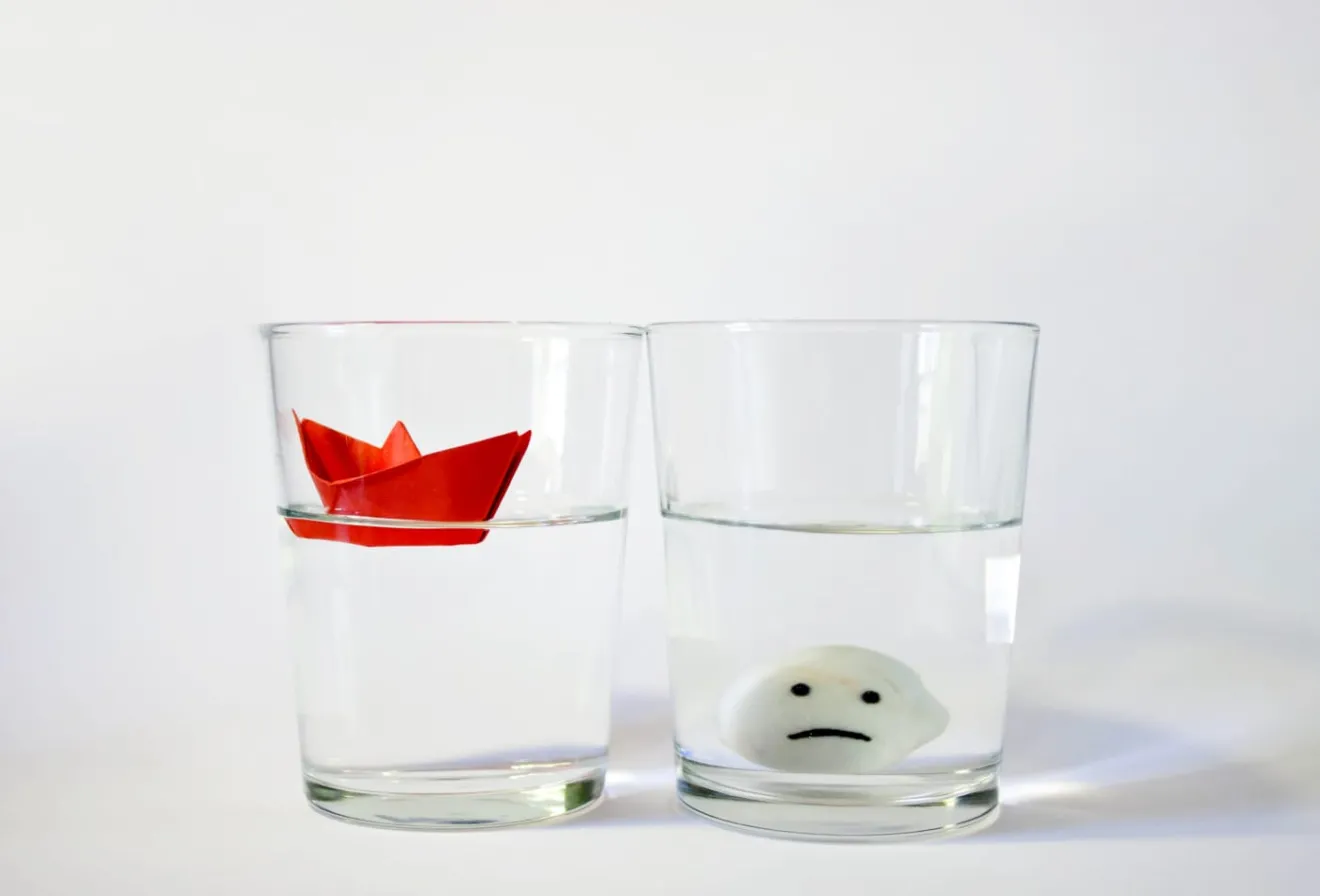The Power of Gratitude
- News

A Glass Half Full
It's the month of November: a time for families to gather and reflect on what they are grateful for while sharing delicious food at Thanksgiving. Being grateful, commonly referred to as having a "glass half full" mindset, is something that can also be practiced daily to improve life satisfaction and attitude.
The idea of gratitude to most people may be saying “thank you” and “you’re welcome”, and while that is an aspect of gratitude, it can go a whole lot deeper.
"It is my milestone for how I live my life. I recently came up with the thought that giving is living and living turns into gratitude. So, when I give of myself, I teach people how to live,” Rachelle Martin, executive director of National Alliance on Mental Health (NAMI), Franklin County, said.
It has been a tough journey for Martin and the staff members at NAMI due to the strain of the position along with difficulties stemming from the pandemic. Recently a therapist was hired to provide services for the whole staff, and one of the things she taught us was practicing gratitude.
“She brought a jar, and each one of us had to write what we were grateful for and put it in the jar. And then she broke us up into groups of two and we talked about gratitude. So, every time that we go into the office, we write to the gratitude jar,” Martin explained. “It changed the dynamic. A coworker who didn't know the other person very well connected. And their thoughts about each other changed dramatically.”
Gratitude is not just helpful in the workplace; it can also help individuals going through difficult times.
“I started practicing gratitude about four years ago. I was diagnosed with leukemia and had to receive chemo. So just hearing the words ’you have cancer’ was kind of earth shattering,” Tammy Battle, the statewide director of nursing at Boundless, said. “I started journaling. I took it a step further and would even put down my fears, hopes, and dreams. Before long, my attitude had changed to where I wasn't in a dreadful mood.”
Part of what helped Battle was channeling her 30+ years being a nurse into assisting other patients receiving similar treatment. “I'm grateful that's the gift that I have been given, and somebody pays me to do it. Even going to the center for treatment, I was still able to walk in my gift and in my purpose. I learned to be grateful for that, and it really improved my attitude.”
Being grateful goes deeper than just feelings. Researchers focusing on the science of gratitude believe that it improves mental and physical health, as well as human resilience; the idea that people who are thankful have less anxiety and greater goal attainment.
“Research has shown that gratitude increases your dopamine and your serotonin. That's why people take antidepressants, it's giving them dopamine because that's the pleasure centers in our brain. So, when you are practicing gratitude, pay attention to how it affects your body. They call it the runner's high when you're exercising, gratitude gives you that same boost in that part of your brain,” Battle said.
For those that want to start practicing gratitude, it is an easy habit to start. “What our therapists brought to us is the grateful jar. Just get a jar and some paper and write down what you are grateful for,” Martin said. “The other thing that I did some time ago, for my mom, was that I wrote to her why I was grateful to have her as my mom. And I put them in a little box. I still have that special box for my mama to show her how much I love her, and how grateful I am for her.”





